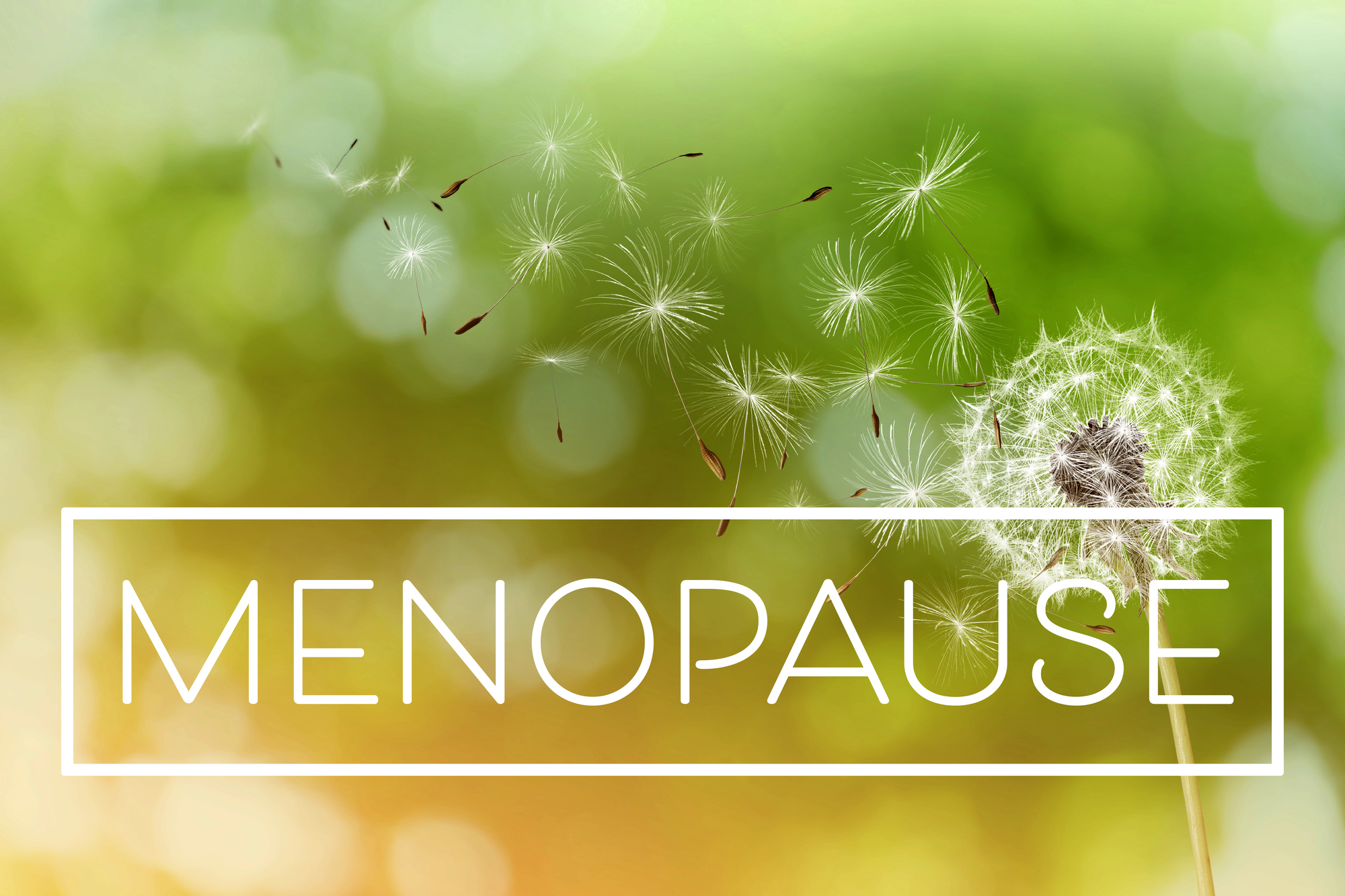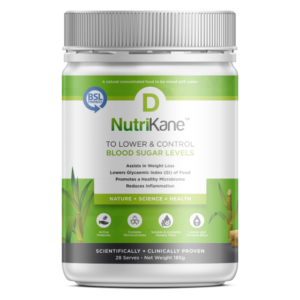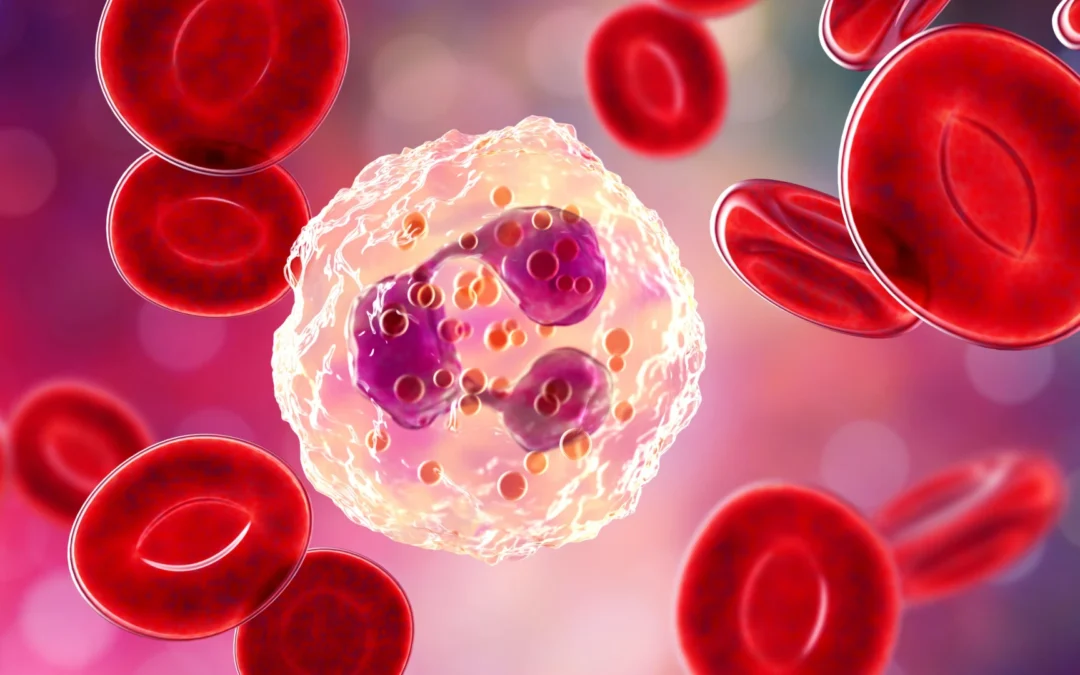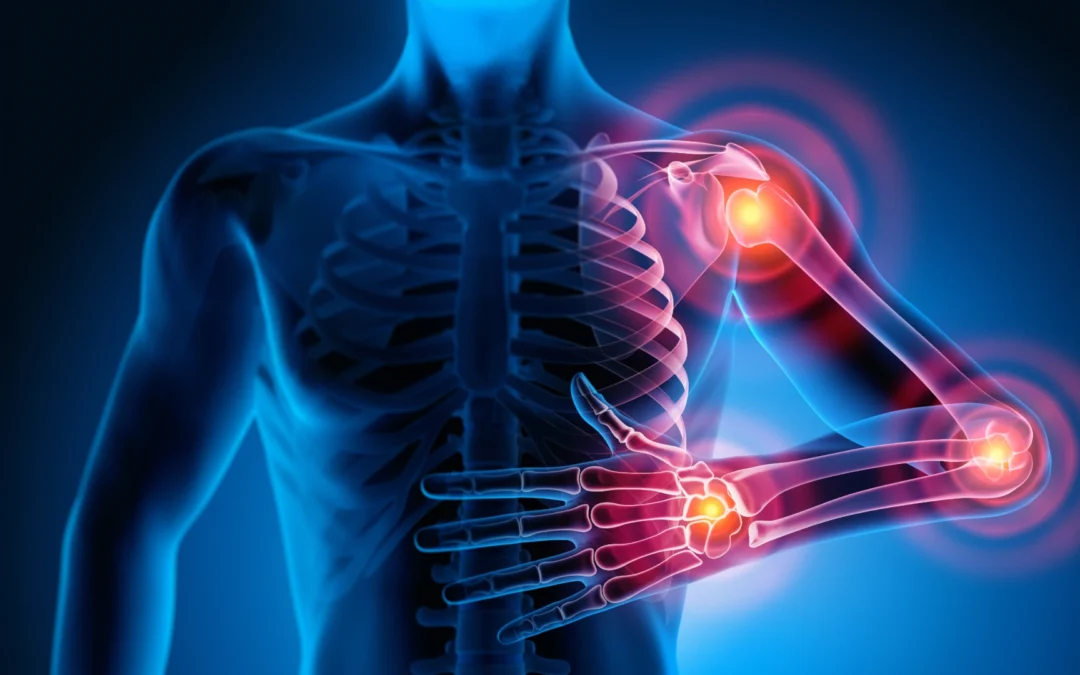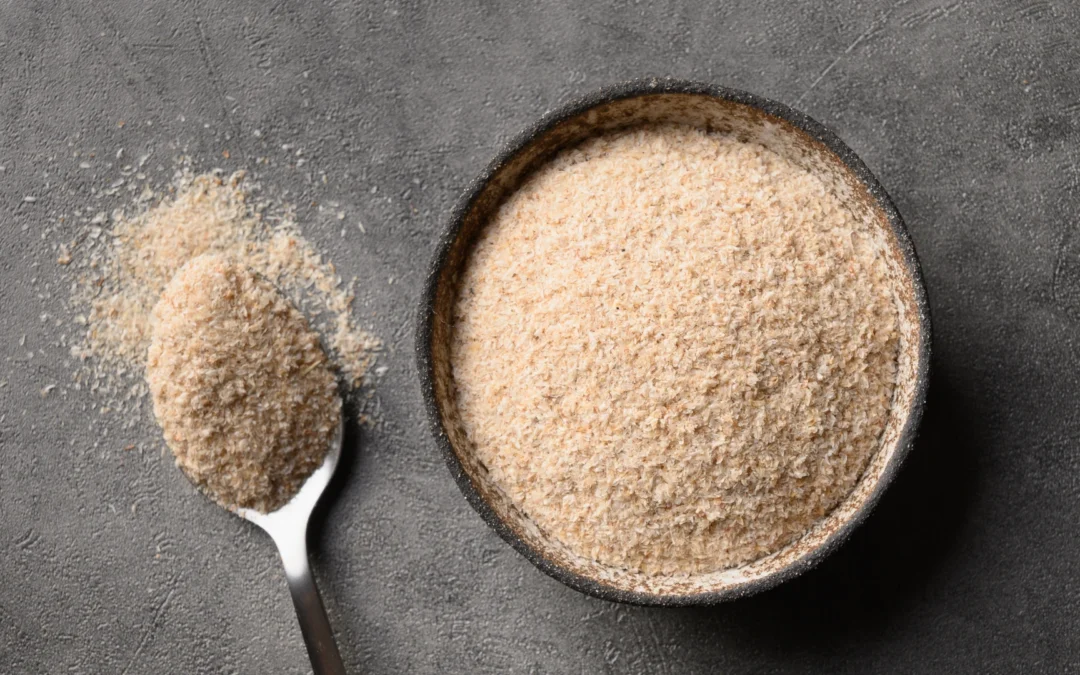Hot flushes, aching muscles and mood swings are well-known menopause symptoms. Less talked about, however, is the impact menopause and perimenopause can have on the gut microbiome.
The link between gut health and menopause has been given more research attention in recent years, and we now have a better understanding of the way they affect each other.
The Link Between Gut Bacteria and Menopause Symptoms
Studies show that lower hormone levels in menopausal women reduce microbial diversity, while greater microbial diversity simultaneously promotes hormone retention. This is known as a bi-directional relationship.
This relationship means postmenopausal women are more likely to experience poor gut health, while poor gut health also worsens their menopausal symptoms.
Oestrogen is one of the primary hormone groups responsible for menopausal symptoms. A decrease in oestrogen levels can cause vaginal dryness, hot flashes and night sweats, so some women choose to take hormone replacement therapy to combat these symptoms.
While sex hormones are the main cause of menopause symptoms, they can also be exacerbated by digestive health issues. Inflammatory bowel disease, IBS and leaky gut may all affect menopause.
As we know that gut bacteria play an important role in hormone retention, it makes sense that they also worsen oestrogen-related menopausal symptoms.
Menopause may, in turn, worsen the symptoms of IBS, IBD and leaky gut. This makes effective gut health management even more important for women experiencing peri-menopause and menopause.
5 ways women’s health relies on a healthy gut microbiome:
- Hormone Metabolism: The gut microbiome is important for metabolising hormones, including oestrogen. During menopause, there is a significant decline in estrogen production, and changes in the gut microbiome can aggravate this.
- Weight and Metabolism: Some menopausal women notice weight gain and metabolic changes. The gut microbiome composition can impact energy regulation, which is why an imbalance can contribute to weight gain and metabolic issues during menopause.
- Bone Health: Oestrogen is crucial for maintaining bone density. The gut microbiome can influence calcium absorption, which is essential for bone health. An imbalanced gut microbiome during menopause can reduce calcium metabolism and speed up bone density loss.
- Menopausal Symptoms: The gut microbiome communicates with the brain through the gut-brain axis. Alterations in the gut microbiome composition, therefore, can influence menopausal symptoms such as hot flashes and mood swings.
- Immune Function: The gut microbiome plays a role in regulating the immune system. Menopausal women may experience changes in immune function, and the gut microbiome can contribute to this through its interactions with the immune system.
Gut Microbiome Composition and Menopause
The gut microbiome is complex and diverse. It includes bacteria, viruses, fungi, and other microbes, that reside in your gastrointestinal tract. During menopause, the diversity of these decreases, and the balance of good to bad bacteria can worsen.
To maintain a healthy gut microbiome during and after menopause, try to eat a balanced diet rich in fibre, probiotics, and prebiotics. Stay physically active and manage your stress levels too.
Foods that promote a healthy gut microbiome:
- Fibre-Rich Foods: Fibre is a key fuel source for beneficial gut bacteria. It’s found in various plant-based foods, including:
- Whole grains (oats, brown rice, quinoa)
- Legumes (beans, lentils, chickpeas)
- Fruits (apples, bananas, berries)
- Vegetables (broccoli, brussels sprouts, spinach)
- Fermented Foods: Fermented foods are rich in probiotics and postbiotics, which are live beneficial bacteria, and the essential nutrients that they make. Consuming these foods can introduce healthy microbes into your gut. Examples include:
- Yogurt with live and active cultures
- Kefir
- Sauerkraut
- Kimchi
- Miso
- Tempeh
- Prebiotic Foods: Prebiotics are non-digestible fibres that nourish beneficial gut bacteria, such as:
- Garlic
- Onions
- Leeks
- Asparagus
- Jerusalem artichokes
- Chicory root
- Polyphenol-Rich Foods: Polyphenols are plant compounds that have antioxidant properties and have been shown to support a diverse gut microbiome. Foods rich in polyphenols include:
- Berries
- Apples
- Red grapes
- Green tea
- Dark chocolate
- Nuts and Seeds: These are sources of healthy fats, fibre, and other nutrients that can benefit the gut microbiome. Examples include:
- Almonds
- Walnuts
- Chia seeds
- Flaxseeds
- Probiotic Supplements: In addition to food sources, you can consider probiotic supplements, which contain concentrated beneficial bacteria strains. When selecting a probiotic, it is important to choose one that has evidence of benefit as there are many probiotic products that have little benefit to gut health. Consult with a healthcare provider before taking supplements to ensure they are suitable for your specific needs.
- Herbs and Spices: Certain herbs and spices have antimicrobial and / or anti-inflammatory properties and can support a healthy gut. Great options are:
- Turmeric
- Ginger
- Rosemary
- Thyme
- Ginseng
- Bone Broth: Contains collagen and amino acids that repair and strengthen the gut lining, promoting overall gut health.
- Oily Fish: Fish like salmon, mackerel, and sardines are rich in omega-3 fatty acids, which have anti-inflammatory effects and support a healthy gut.
Some people struggle to get all the nutrients they need from diet alone. If that’s you, you might find that nutritional products help balance your gut microbiota.
Nutritional Support During Menopause
Women’s health is complicated, but dealing with menopause symptoms doesn’t have to be. Food-as-Medicine products take a holistic approach to strengthening the gut, immune system and overall health. By supporting the gut microbiome generally, nutritional products help reduce menopause-related changes.
NutriKane™ R promotes regularity in the digestive system, NutriKane™ I strengthens immunity, and NutriKane™ D controls blood sugar levels naturally. Find these and more in our food-as-medicine shop.
